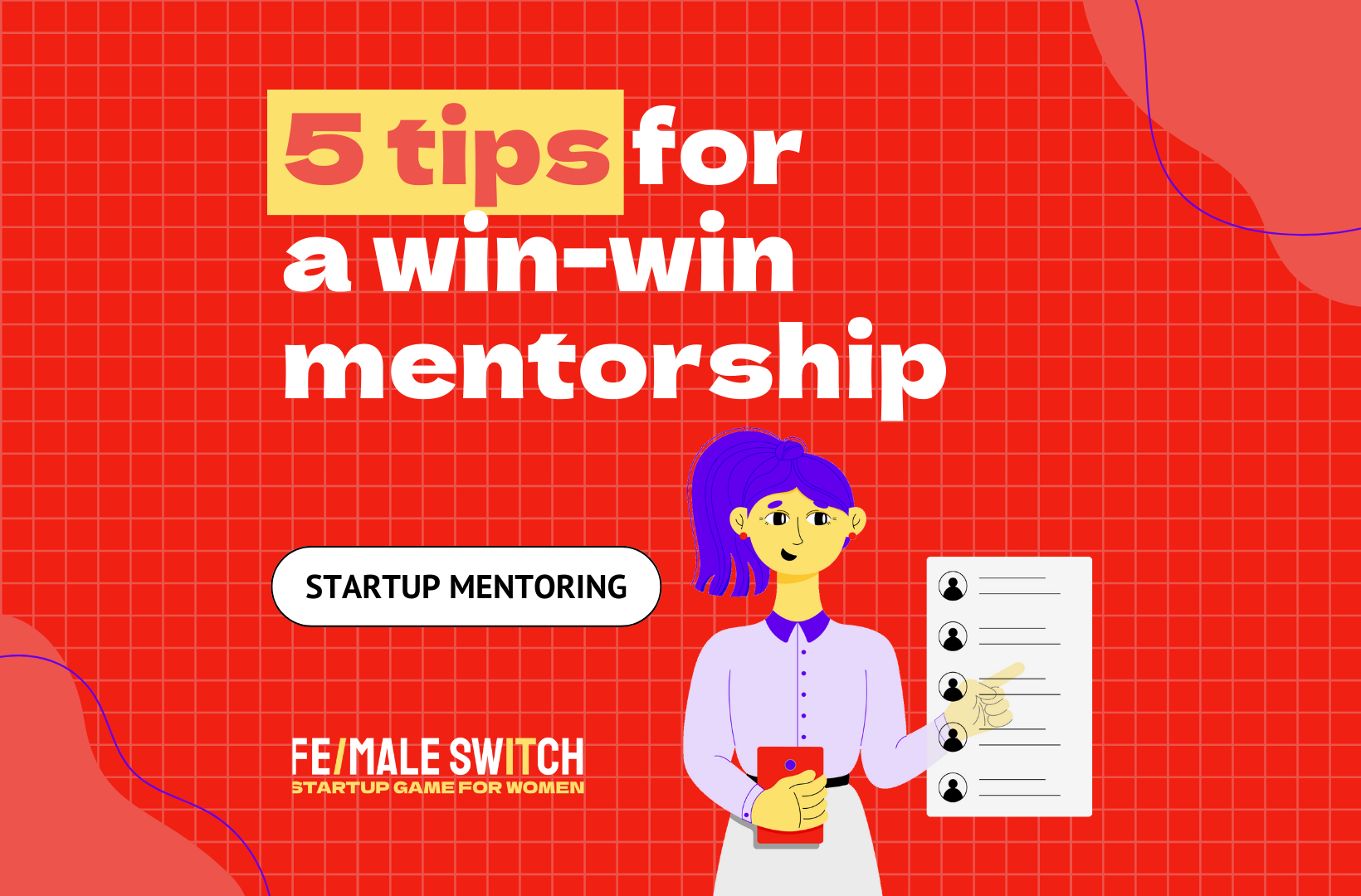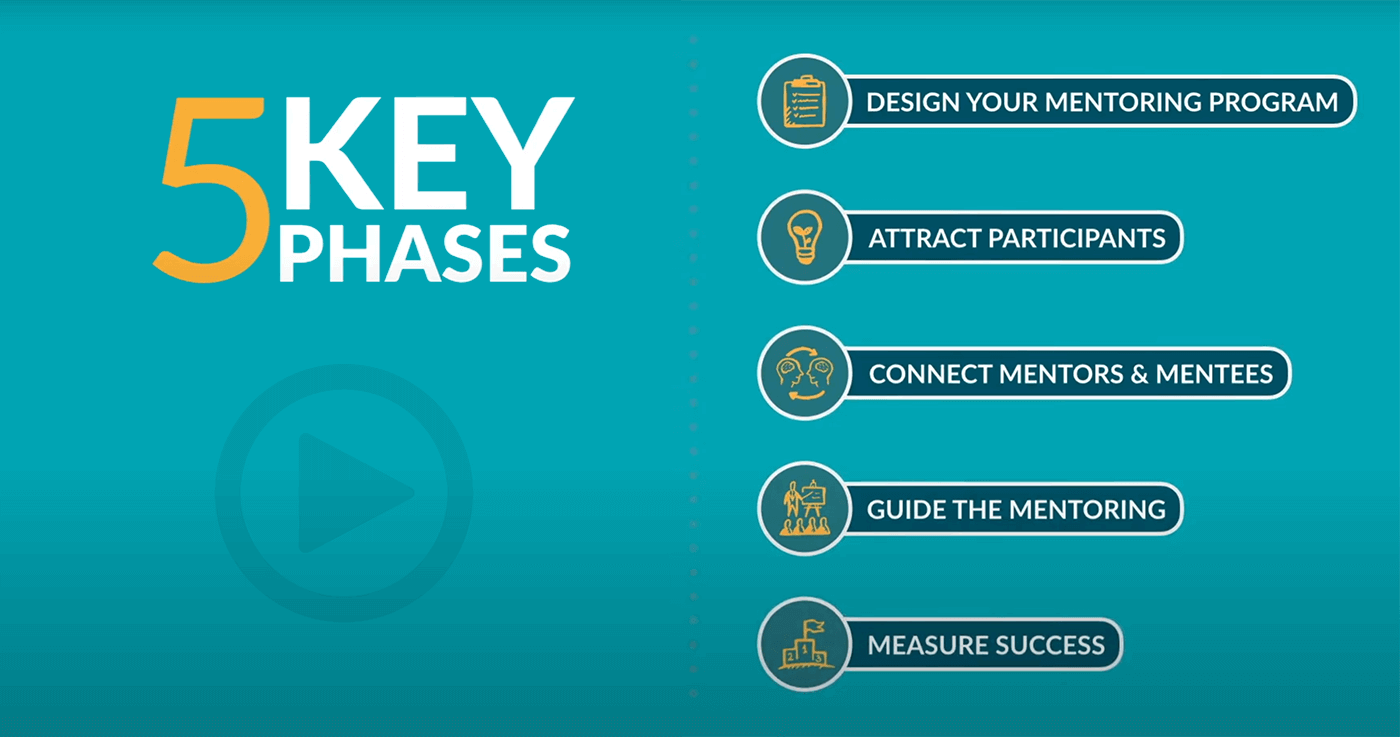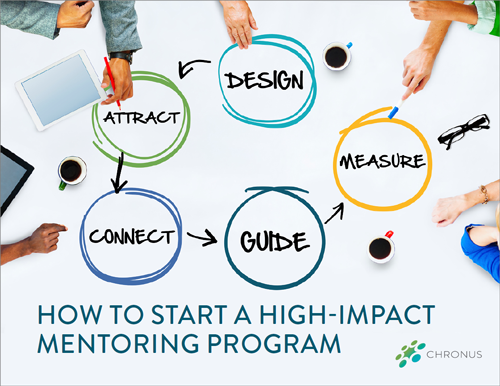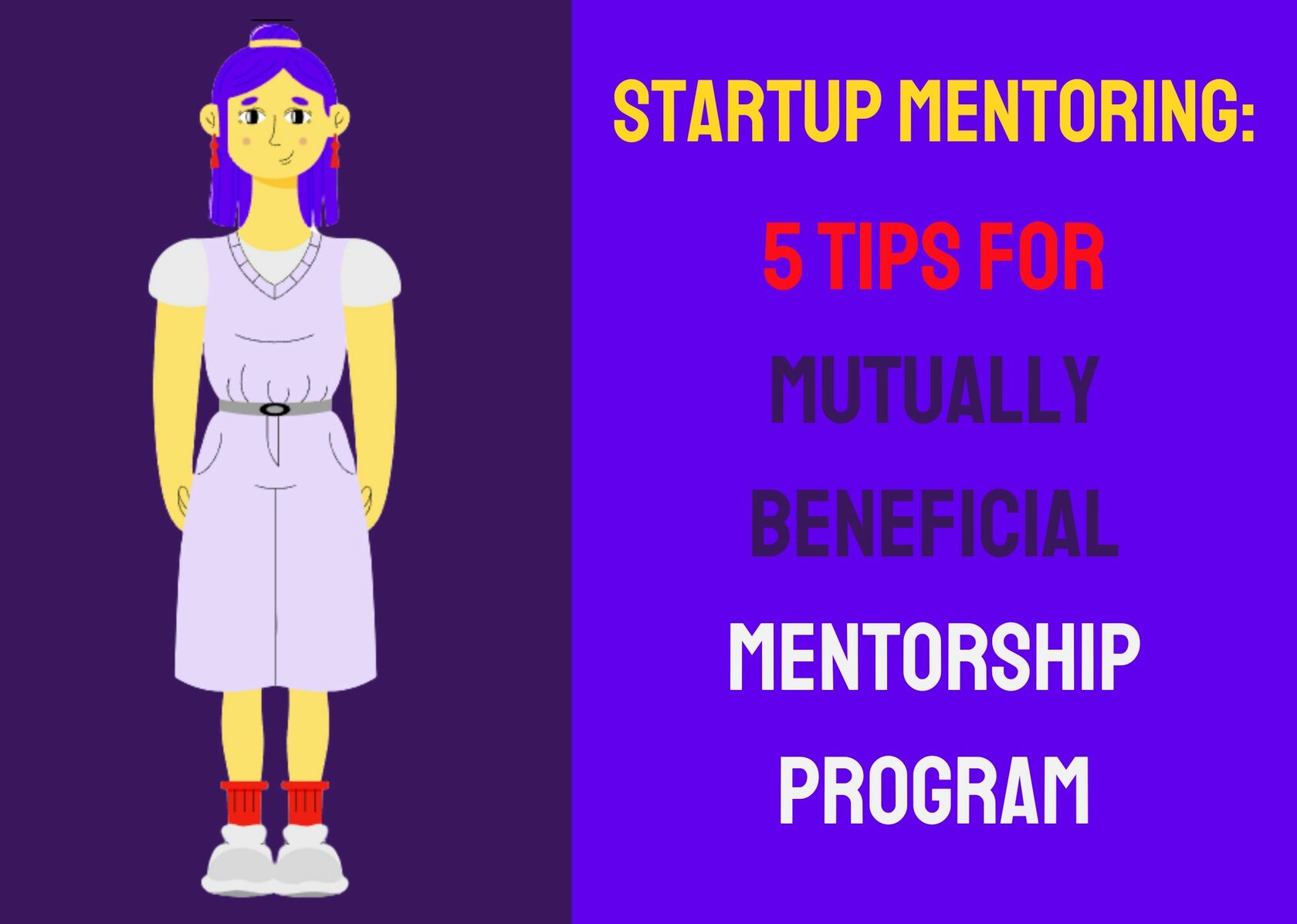How To Get Mentorship For A Startup

Securing mentorship is crucial for startup success, offering invaluable guidance and accelerating growth. But how do you actually land a mentor who can truly impact your trajectory?
This guide provides actionable strategies to connect with experienced professionals, navigate the mentorship landscape, and maximize the benefits of these pivotal relationships. It's about proactively building connections that fuel your startup's potential.
Identifying Your Needs & Target Mentors
First, clearly define your startup's needs. What specific areas require external expertise?
Are you struggling with marketing strategy, fundraising, or product development? Document these gaps.
Next, research potential mentors whose experience aligns with your needs. LinkedIn, industry events, and alumni networks are valuable resources.
Consider individuals with a proven track record in your industry, or adjacent fields, and a reputation for mentorship. Look for people who have achieved what you aspire to, and are known for sharing their wisdom.
Networking and Building Connections
Attend industry conferences, workshops, and networking events. These gatherings provide opportunities to meet potential mentors organically.
Prepare a concise and compelling elevator pitch about your startup. Practice articulating your vision and the challenges you're facing.
When approaching potential mentors, focus on building a genuine connection. Ask thoughtful questions about their experiences and offer value in return.
Don't be afraid to leverage your existing network. Ask for introductions to individuals who might be a good fit. A warm introduction can significantly increase your chances of securing a mentor.
Crafting a Compelling Outreach
Personalize your outreach to each potential mentor. Generic emails are often ignored. Demonstrate that you've researched their background and understand their expertise.
Clearly articulate what you hope to gain from a mentorship relationship. Be specific about the areas where you need guidance.
Offer a realistic time commitment and respect their availability. Mentors are busy individuals, so be mindful of their time.
Consider offering something in return, such as sharing your industry insights or offering your expertise in a particular area. Mentorship is a two-way street.
Maximizing the Mentorship Relationship
Establish clear expectations and goals at the outset. Discuss the frequency of meetings, the topics to be covered, and the desired outcomes.
Come prepared for each meeting with specific questions and updates on your progress. This demonstrates your commitment to the relationship.
Actively listen to your mentor's advice and be open to feedback. Mentorship is about learning and growth, which requires vulnerability.
Regularly evaluate the effectiveness of the mentorship relationship. Is it meeting your needs and providing value? If not, be prepared to adjust your approach or seek a different mentor.
Express your gratitude and acknowledge your mentor's contributions. A simple thank you can go a long way in maintaining a strong relationship.
Resources for Finding Mentors
Several organizations and platforms specialize in connecting startups with mentors. SCORE, for instance, is a non-profit organization that provides free mentorship to small businesses.
Incubators and accelerators often offer mentorship programs as part of their services. These programs provide structured mentorship and access to a network of experienced professionals.
Online platforms like MicroMentor connect entrepreneurs with mentors based on their specific needs. These platforms offer a convenient way to find mentors from around the world.
Universities and alumni networks can also be valuable resources. Many universities have entrepreneurship centers that offer mentorship programs and connect students with alumni who are successful entrepreneurs.
Next Steps
Start identifying potential mentors in your network today. Schedule informational interviews to explore potential mentorship opportunities.
Continue building relationships and seeking guidance from experienced professionals. Mentorship is an ongoing process, not a one-time event. Seek multiple mentors to get diverse perspectives.
Invest in your own development as a mentee by being proactive, engaged, and appreciative. The more you put into the relationship, the more you'll get out of it.


















